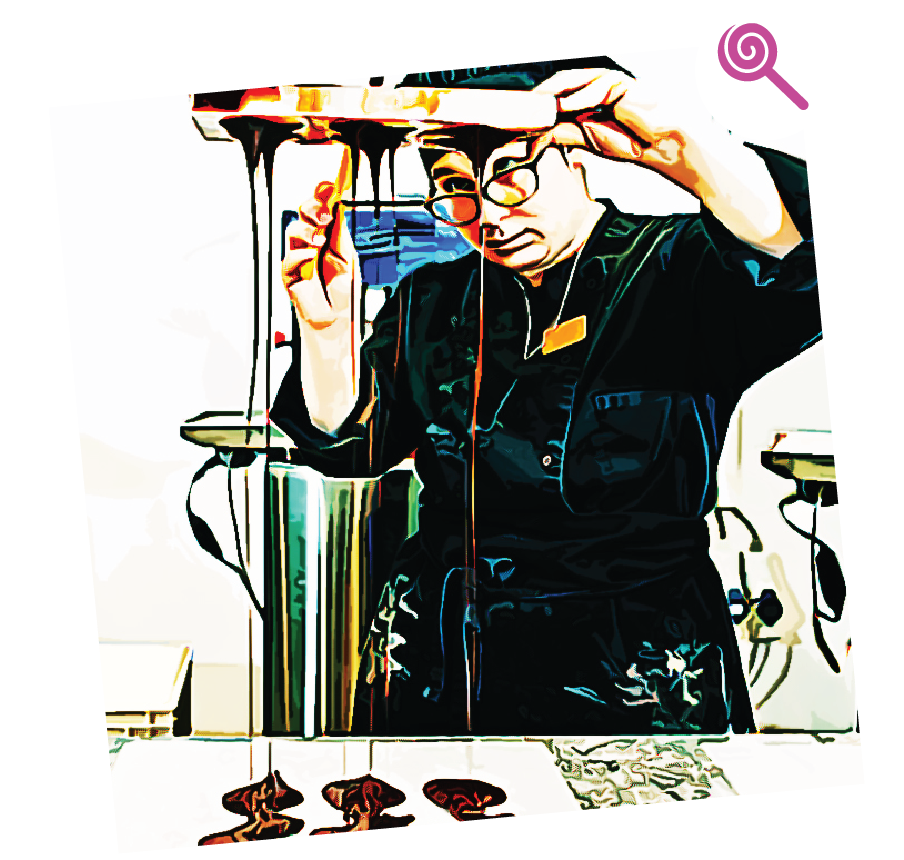Calling all chocolate lovers!!! Imagine your life’s work as a chocolate maker, does it get any sweeter than that?
A chocolate maker is a person who transforms raw cocoa beans into palatable chocolate nibs, bars or bricks. A chocolatier is a person who turns pre-made chocolate bits into delightful creations, like chocolate bars, truffles, and candies. Chocolate is made in industrial manufacturing facilities and is an ingredient in many different products, like cereal, ice cream, beverages, all types of desserts, etc.
A chocolatier is responsible for creating and testing recipes, fashioning the shape and size of products, and selecting the perfect ingredients. With your culinary background, you’ll work to craft new and exciting flavour combinations and recreate unique spins on classic recipes. A chocolatier most commonly works in small to medium-sized businesses, serving local customer bases with specialty chocolates, however, larger organizations also have master chocolatiers and product development chefs to design their product lines and scale into mass production.
One thing is for certain, chocolate is savored internationally, so you can take your passion and skillset across the globe and still be successful! This is a career path with endless possibilities.


















